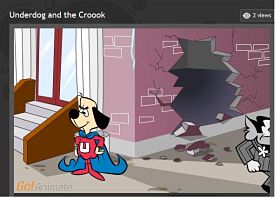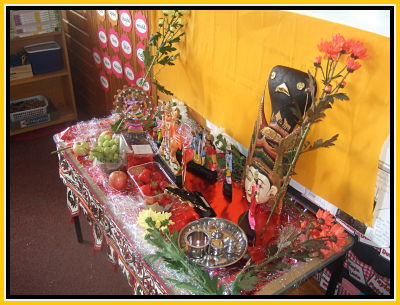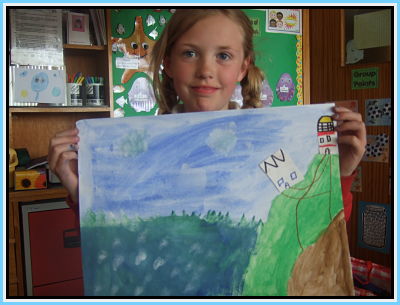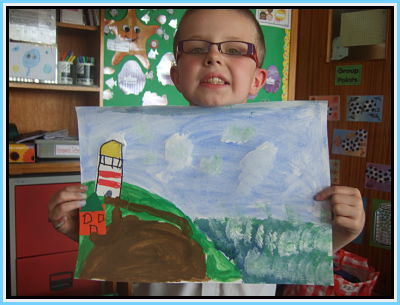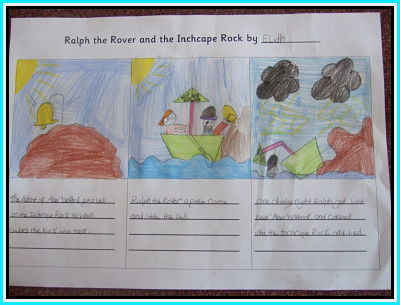We are very proud that we have been placed joint third in the Education Blog Awards.
The judges said: ‘A lovely and powerful view into the world of the P3 Superstars documenting their learning journey from toothpaste advertising to cliff rescue!’
We were the youngest class placed and also the only Scottish blog in our category so we think we have done really well!

We are having a wee party in our Golden Time on Friday to celebrate. Thank you to everyone who has supported us over the past year and who voted for us to get into the initial top ten.


